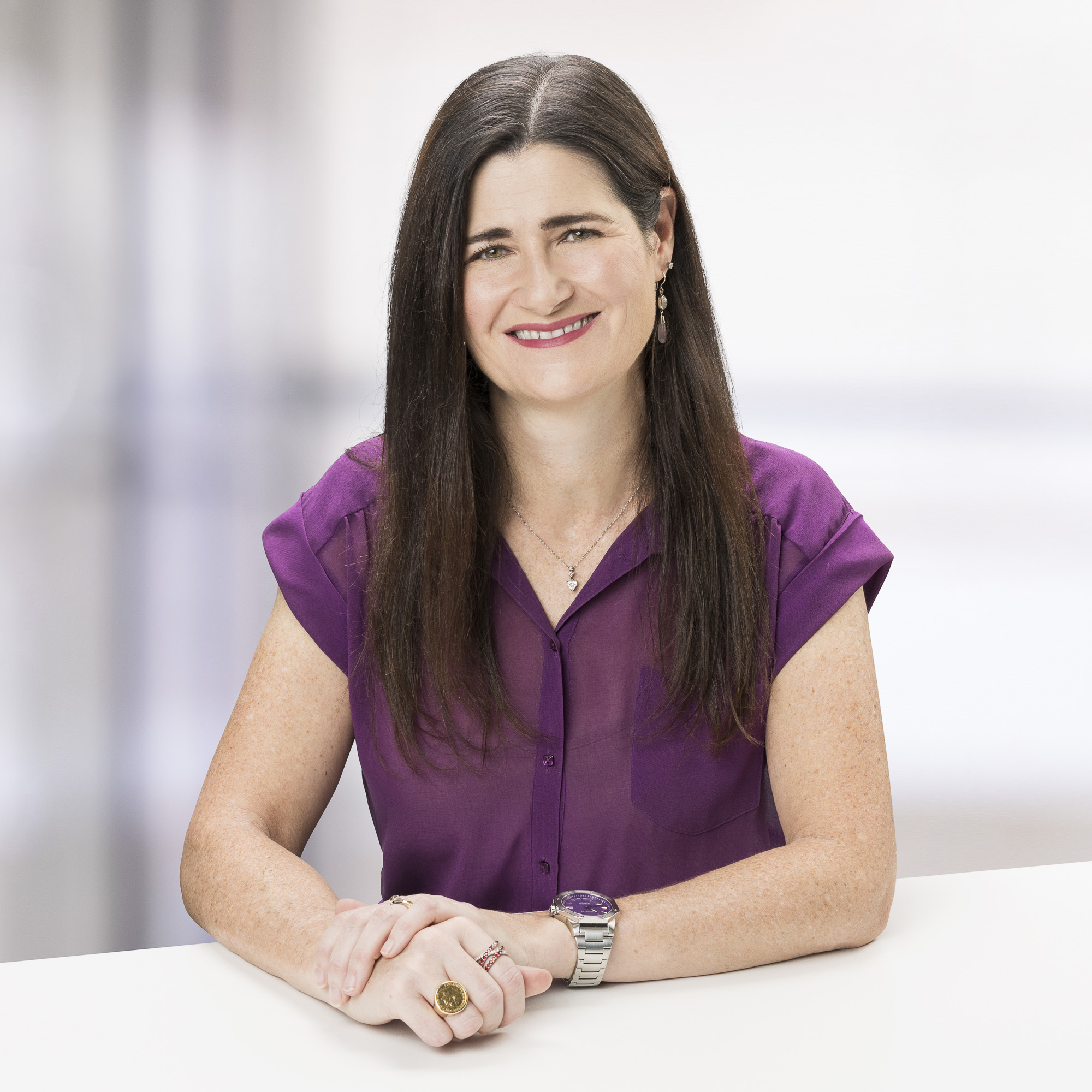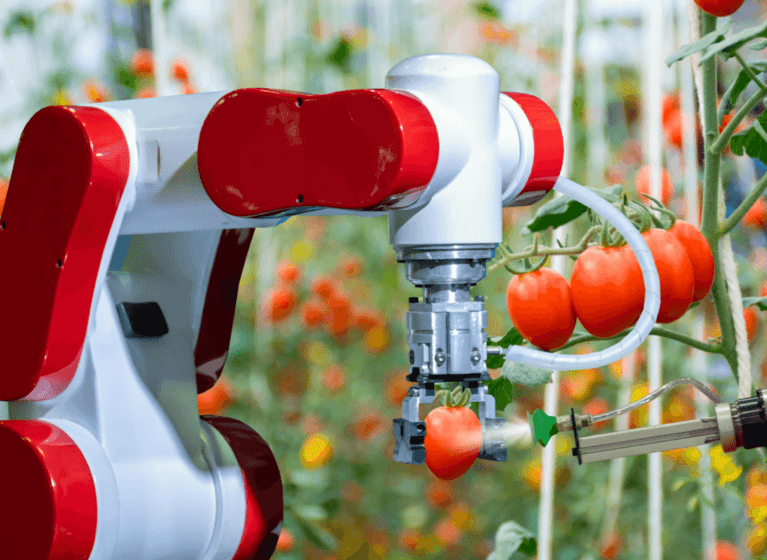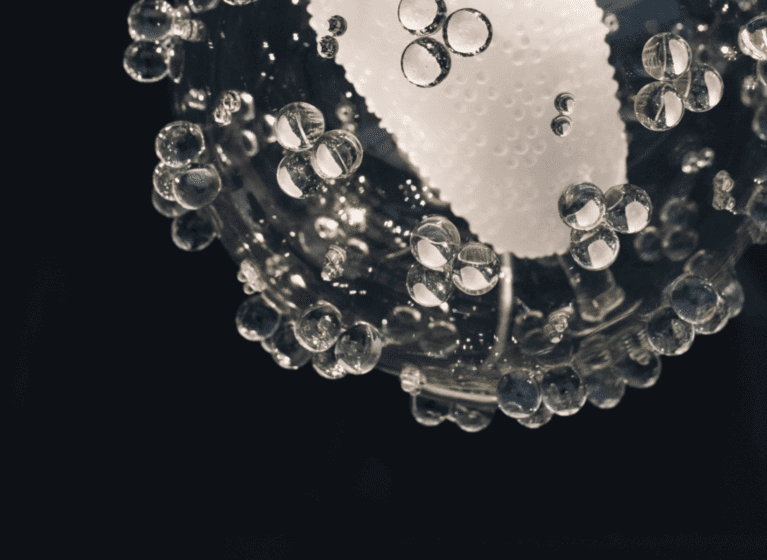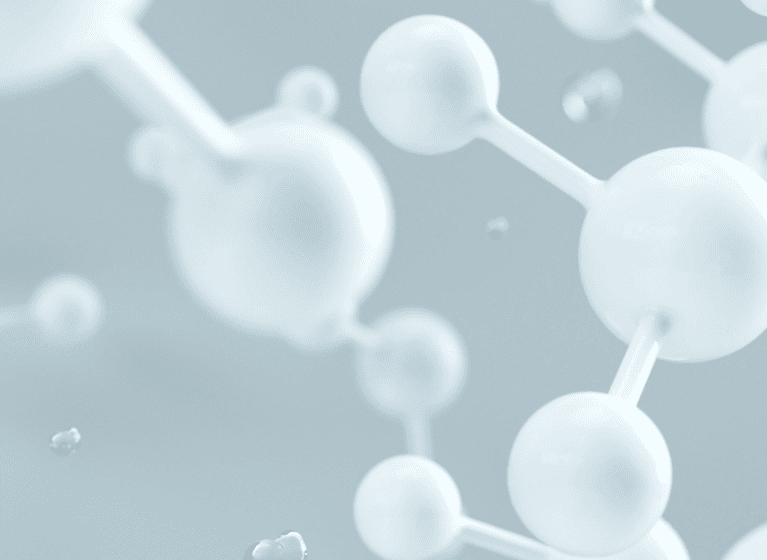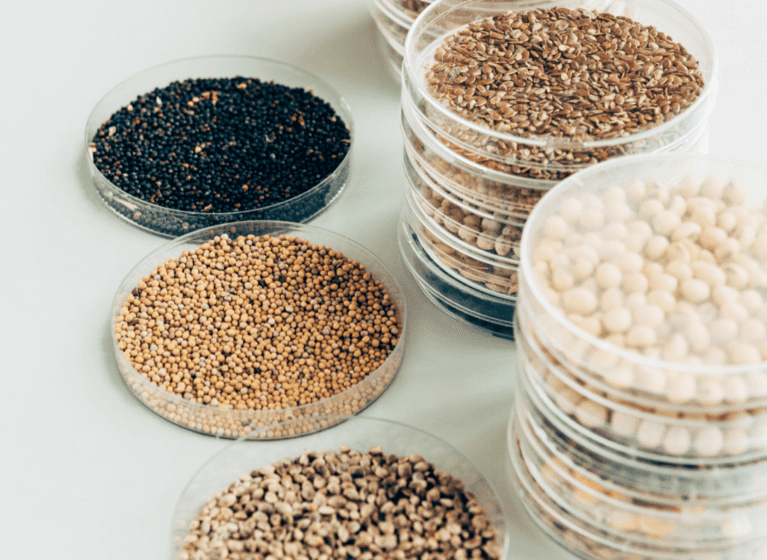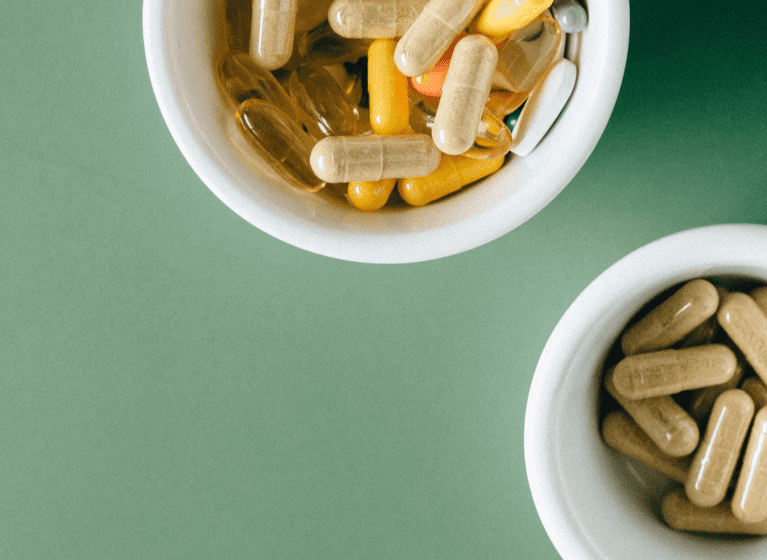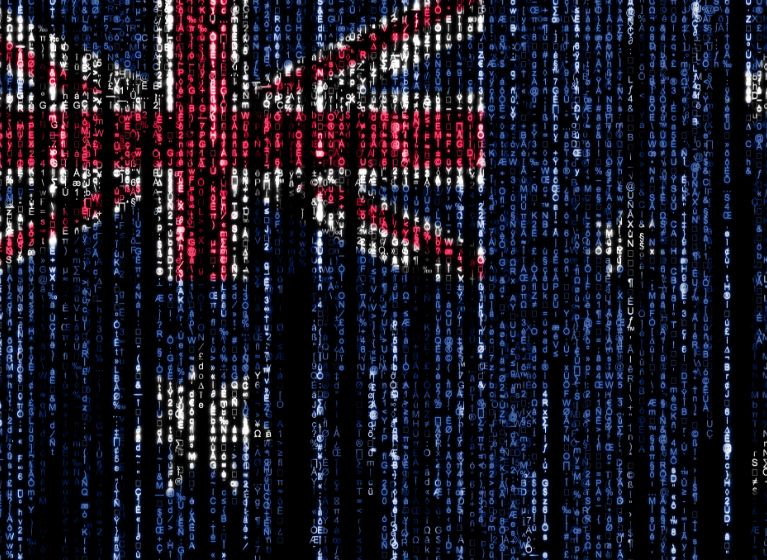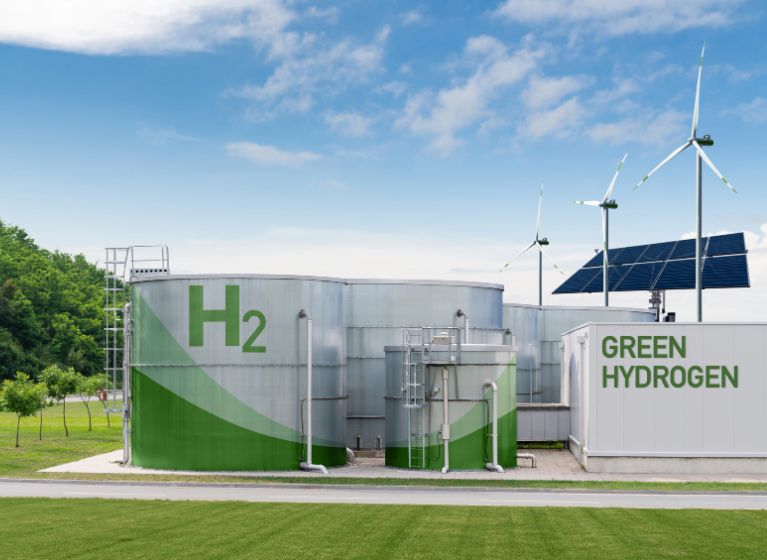Legal action in several jurisdictions over the last few years has looked at the question of the patentability of isolated products from nature. How this important aspect of the life sciences sector has been considered, and attempts to define this ‘grey area’ have been developed and debated.
While the courts in Singapore have not considered this question in recent times, the Intellectual Property Office of Singapore (IPOS) is proactively seeking to clarify the distinction between, and therefore the patentability of, isolated or purified materials or microorganisms that can be found in nature.
IPOS have proposed changes to their examination procedure to more clearly define their approach to examining patent applications with claims to natural products.
The following approaches are proposed:
- isolated or purified materials or microorganisms that can be found in nature are discoveries and would not be considered to be an invention;
- a new use of an isolated or purified material or microorganism, however, can be claimed;
- a modified isolated material or microorganism (and its use) can be claimed if the modification results in a material or microorganism that can be clearly distinguished from the naturally occurring material or microorganism;
- an in vitro diagnostic method based on novel biomarkers performed on blood samples obtained from patients is an invention if it represents a specific application of a discovery which allows the diagnosis of a disease to be made; and
- a claim directed at a process that occurs in nature would not be allowable, but if a new application of the process is found, then the new, specific application can be claimed.
Interestingly, the proposals not only relate to microorganisms, genetic information and other biologics, but also to chemical compounds isolated from nature such as morphine and penicillin.
Compared to the US and Australia
It remains to be seen how the Singaporean approach will align with other jurisdictions who have given judicial consideration to this question. At this stage, the proposed approach by IPOS is similar to that of the US. In the US, all ‘products of nature’ are exceptions to patentable subject matter. This includes artificially created products that are functionally and structurally indistinguishable from the naturally occurring counterpart – as is also being proposed for Singapore. Modified products, technologies and/or methods that reflect a novel use of the natural products in the invention are able to be claimed in the US.
Compared to Australia, the proposed Singaporean approach is more stringent. In Australia, the restrictions on patentable subject matter have been limited so far to some forms of nucleic acids and genetic information. Natural products relating to other naturally occurring material such as chemical compounds, interfering RNA, bacteria, viruses, polypeptides, antibodies and cells are not excluded from patentability.
IPOS are now reviewing public submissions on these topics. We will watch for further developments and report on these in due course.
